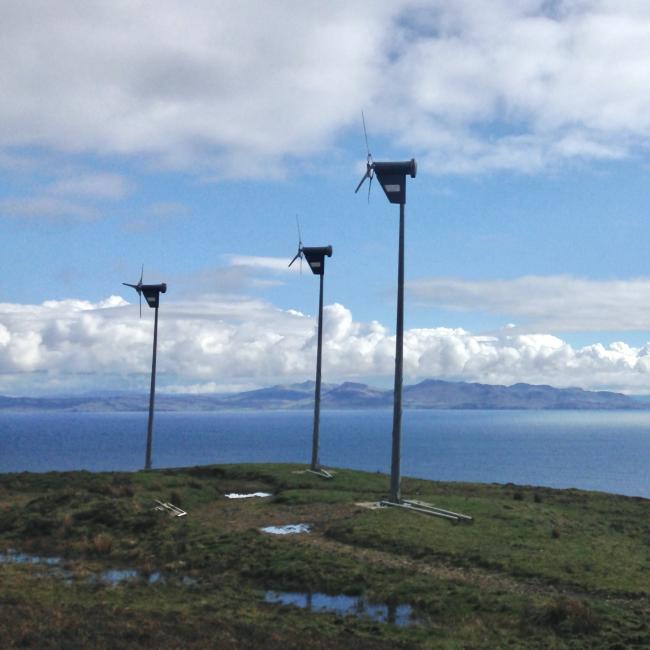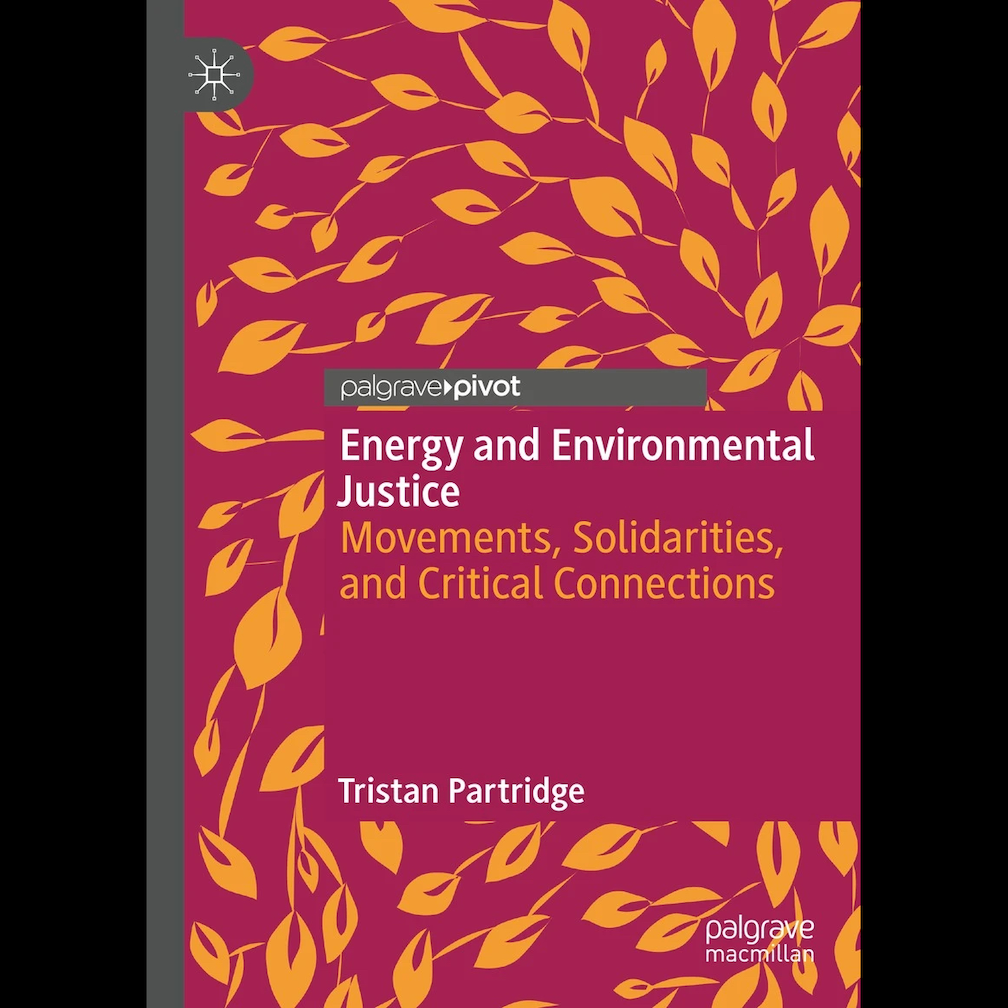
Restorative work is a vital component of rethinking -- and re-enacting -- transitions.
This book maps out a Critical Energy Research agenda that analyzes energy relations in light of their role within broader systems of (re)production, (geo)politics, economics, and ecological regeneration.

This requires moving beyond the popular ‘energy justice’ framework, both analytically and politically, and also continuing to engage with emergent branches of Environmental Justice such as Critical Environmental Justice studies and Multispecies Justice.
Reorienting our work in these ways carries theoretical, methodological, and political implications.
Accordingly, critical energy research also reconsiders the roles and responsibilities of those who write about injustice. Five key approaches constitute this agenda for critical energy research: (1) foregrounding the roles of EJ communities, Indigenous groups, and diverse social movements; (2) maintaining a critical focus on systems of production and extractivism (and on how ongoing processes of settler colonialism and multiple forms of exploitation interact and underpin energy-intensive systems of capitalist production); (3) reframing transitions as collaborative projects of justice; (4) drawing on restorative environmental justice to see justice as the restoration of mutually supportive relationships between beings of all kinds; (5) renewing practices of reflexivity by subjecting our own analyses, commitments, research relations, and notions of solidarity to ongoing political scrutiny.
Read more here...